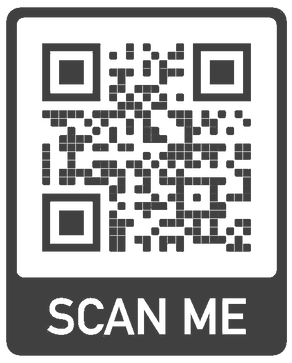 Diabetes is a chronic condition that affects millions of people worldwide. It is characterized by high blood sugar levels and can lead to a range of complications, including nerve damage, kidney damage, and cardiovascular disease. Acupuncture and Chinese Medicine can be effective in managing diabetes by addressing the underlying imbalances that contribute to the condition. Acupuncture is a form of Traditional Chinese Medicine (TCM) that involves the insertion of fine needles into specific points on the body. These points are believed to be connected by meridians, or pathways, through which energy, or qi, flows. By stimulating these points, acupuncture is thought to balance the flow of qi and promote healing.
Acupuncture has been shown to be effective in managing diabetes by regulating blood sugar levels. Studies have shown that acupuncture can help improve insulin sensitivity and reduce insulin resistance, two key factors that contribute to high blood sugar levels. Acupuncture has also been shown to be effective in reducing inflammation, which is a common complication of diabetes. In addition to acupuncture, Chinese herbal medicine can also be used to manage diabetes. Chinese herbs are used in combination to create customized formulas tailored to each patient's individual needs. These formulas are designed to address the underlying imbalances that contribute to diabetes, as well as to alleviate symptoms. One of the most commonly used herbs in the treatment of diabetes is Momordica charantia, also known as bitter melon. This herb has been shown to be effective in reducing blood sugar levels and improving insulin sensitivity. Another herb commonly used in the treatment of diabetes is Astragalus membranaceus. This herb has been shown to improve glucose metabolism and reduce insulin resistance. In addition to acupuncture and herbal medicine, dietary therapy is another important aspect of TCM treatment for diabetes. In TCM, diabetes is considered to be a condition of excess heat in the body. To address this excess heat, TCM practitioners recommend a diet that is low in sugar and high in foods that have a cooling effect on the body. This includes foods such as fruits, vegetables, and whole grains. Foods that are high in fat and animal protein should be avoided, as they can exacerbate diabetes symptoms. In conclusion, acupuncture and Chinese Medicine can offer a holistic and copmlementary approach to managing diabetes and its associated complications. Acupuncture, Chinese herbal medicine and dietary therapy can all be tailored to meet the unique needs of each patient. By working with qualified TCM physicians, diabetes patients can receive safe and effective treatment that is tailored to their individual needs. Footnote: It is important to note that TCM should not be used as a substitute for conventional medical treatment for diabetes. Rather, TCM can be used in conjunction with conventional treatment to help manage the condition and improve overall health and well-being. Comments are closed.
|
About UsAt Singeast TCM, we provide comprehensive diagnosis and personalised TCM treatment services at the convenience of your home.
Contact UsTo make a home visit appointment, reach us by the phone number or QR code below.
Archives
May 2024
ALL RIGHTS RESERVED © SINGEAST TCM
|



 RSS Feed
RSS Feed
